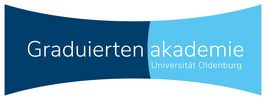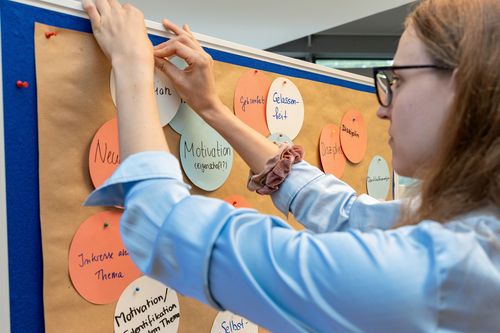Analysis, visualisation and statistics using R for Environmental Scientists
Course Description:
This will be an introduction course intended to give students and doctoral researchers an overview and introduction to R applied to analysing environmental data, with specific emphasis on chemical datasets. The course will begin with a brief introduction to the R environment and basic function and then include an overview of statistical analyses that are valuable in environmental datasets. The doctoral researchers and master students will be able to use R efficiently and they will be able to improve their scientific work with the possibilities of R.
Tentative schedule with course content:
1. Introduction to the R environment (R-Studio)
- Projects handling
- Package management
- Data: Input / Output
- Workspace
- Installing and loading R packages, importing, manipulating, and exporting data.
2. Pre-Processing and Data composition: Looking at the R data frame, cleaning up and compose data, dealing with missing data, data normalization, basic functions (mean and weighted mean, standard error, etc.)
3. Visualizing Data in R.
- ggplot
- plotly
- shiny Scatter plots, bar plots, violin plots, etc. Interactive possibilities.
4. Data Reports and publishing with R markdown and Shiny.
Reporting with markdown and Shiny.
5. Basic Statistics and Statistical Analyses.
Calculating and visualizing a PCA, PCoA, NMDS, ANOVA, linear models.
6. Handling largescale server side data sets using the HPC-Cluster.
Analyze and correlate large chemical data (e.g FT-ICR-MS).
Target group: Graduate level course, with specific aim at doctoral researchers and new master’s students who want to use R to analyse their data.
Requirements: All levels are welcome. Students should be familiar with basic concepts of data analysis. Students and doctoral researchers will need to bring a laptop with the current version of R and RStudio installed. It would be nice if the participant have already started to get familiar with RStudio.
Course instructors / Lecturers:
André El-Ama: andre.el-ama@uni-oldenburg.de
Priv.-Doz.Dr. Jan Freund: jan.freund@uni-oldenburg.de
Dr. Hannelore Waska: hannelore.waska@uni-oldenburg.de
Matthias Schröder: matthias.schroeder@uni-oldenburg.de
Dr. Ferdinand Esser: ferdinand.esser@uni-oldenburg.de
Time / Date / Format:
Seminar is organised block wise at the following dates: 25.07., 26.07., and 27.07.2023 and 26.09., 27.09. and 28.09.2023.
Meeting time is 5 hours with 1 hours break. 10:00 – 15:00
Registration for the workshop via Stud.IP is required!
Room: W15 1-146 (ICBM building)





